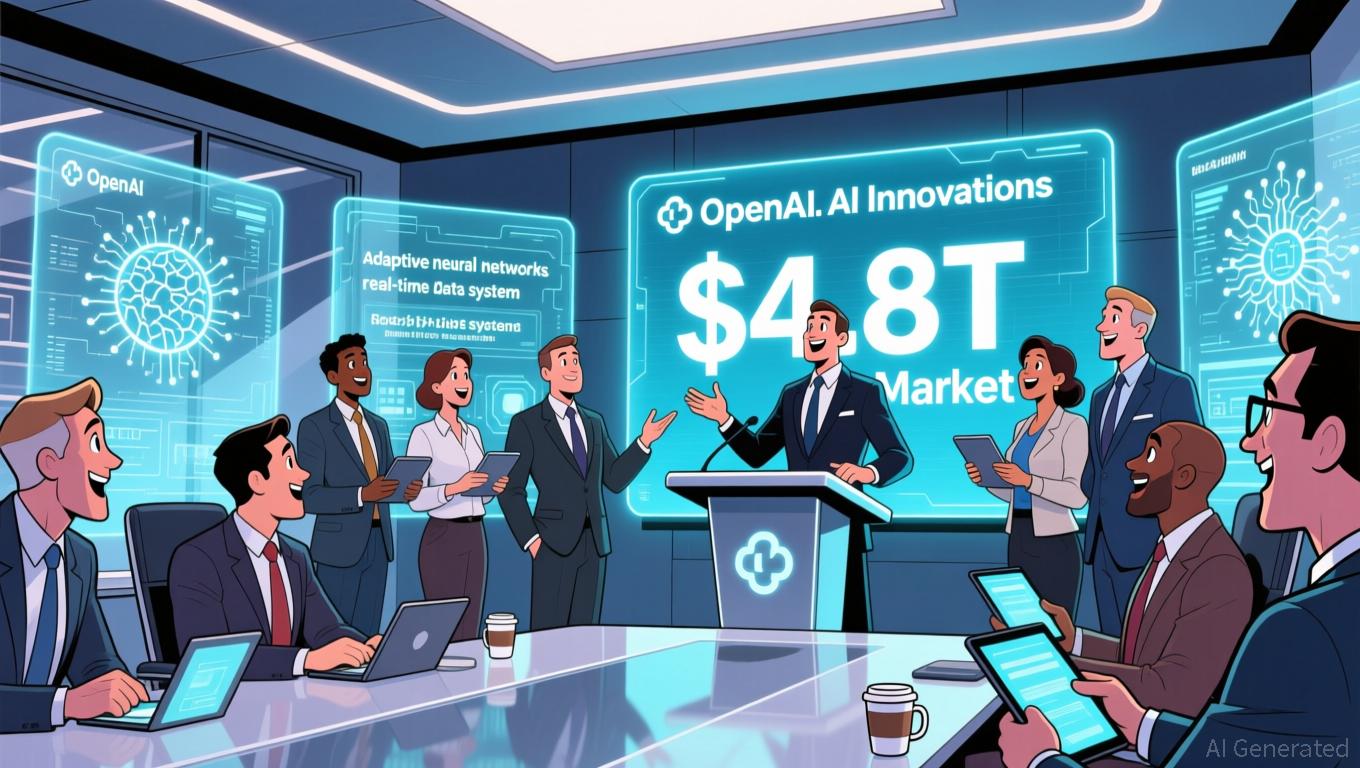During Tuesday’s earnings call, Pinterest CEO Bill Ready emphasized the potential of open source AI models to help the company manage expenses while broadening its visual AI applications.
As a platform where many consumers begin their shopping journey, Pinterest utilizes AI for several features, such as tailored recommendations, a search function that integrates both text and images, ad personalization, and, most recently, product discovery through its AI-driven Pinterest Assistant.
Investors, however, were curious about Pinterest’s prospects in agentic commerce—where AI systems independently act for users—especially as the AI landscape evolves and its effects on the company’s financial outlook and growth become more significant.
This issue has gained urgency. In its third-quarter earnings report, Pinterest forecasted a softer holiday shopping period than anticipated, attributing this to tariffs imposed by President Donald Trump, which have negatively affected the home furnishings sector. Consequently, Pinterest expects fourth-quarter revenue to range from $1.31 billion to $1.34 billion, slightly below the average analyst projection of $1.34 billion. This announcement led to a stock drop of over 21% on Wednesday.
Despite short-term revenue challenges, Ready discussed strategies for leveraging AI and large language models (LLMs) without significantly raising costs. Alongside its proprietary models, which are already factored into its expenses, Ready noted that Pinterest regularly compares top commercial models with open source alternatives and has found the open source options to be very promising.
“What’s particularly fascinating is that open source models are delivering outstanding results for Pinterest’s visual AI needs,” Ready explained to investors. “Based on current market pricing and per-token costs, our initial tests show that fine-tuned open source models can achieve similar performance to leading proprietary models, but at a fraction of the cost.”
He mentioned that the company intends to adopt open source models for many of its applications, as these come with much lower expenses compared to major model providers.
“We’re very confident in the value we’re providing to users, our ability to connect that to monetization, and our capacity to manage costs efficiently,” Ready stated.
Ready also discussed other areas where Pinterest is exploring AI, such as agentic shopping. He pointed out that Pinterest already enables “push-button” purchases through its partnership with Amazon, and the company will observe whether users prefer having AI make purchases on their behalf.
 Image Credits:Pinterest
Image Credits:Pinterest
Meanwhile, Ready indicated that Pinterest’s main advantage lies in guiding users through their shopping journey—a process it aims to enhance with Pinterest Assistant, an AI helper that users can interact with for suggestions and advice. According to the company, the assistant learns about users from their boards, collages, saved items, and by comparing them to others with similar preferences.
Pinterest is also introducing AI-curated personalized boards, which Ready said blend expert human selection with artificial intelligence.



